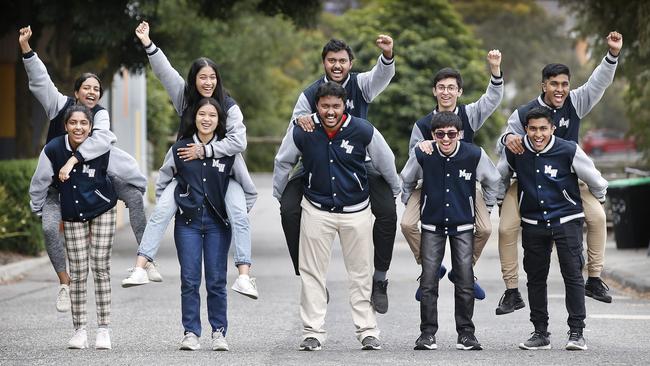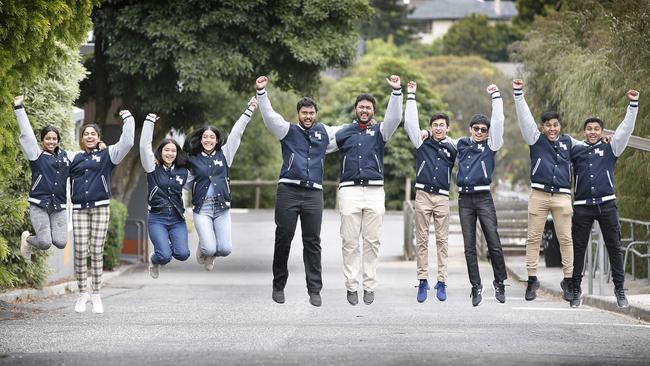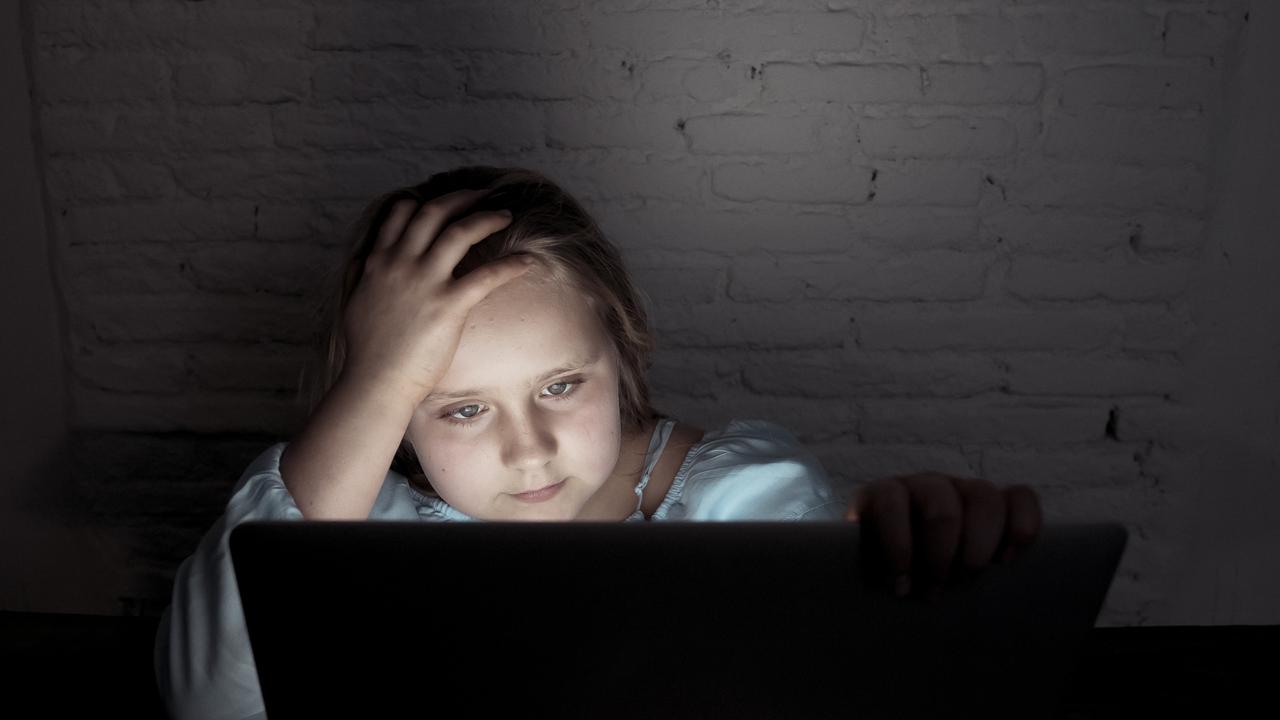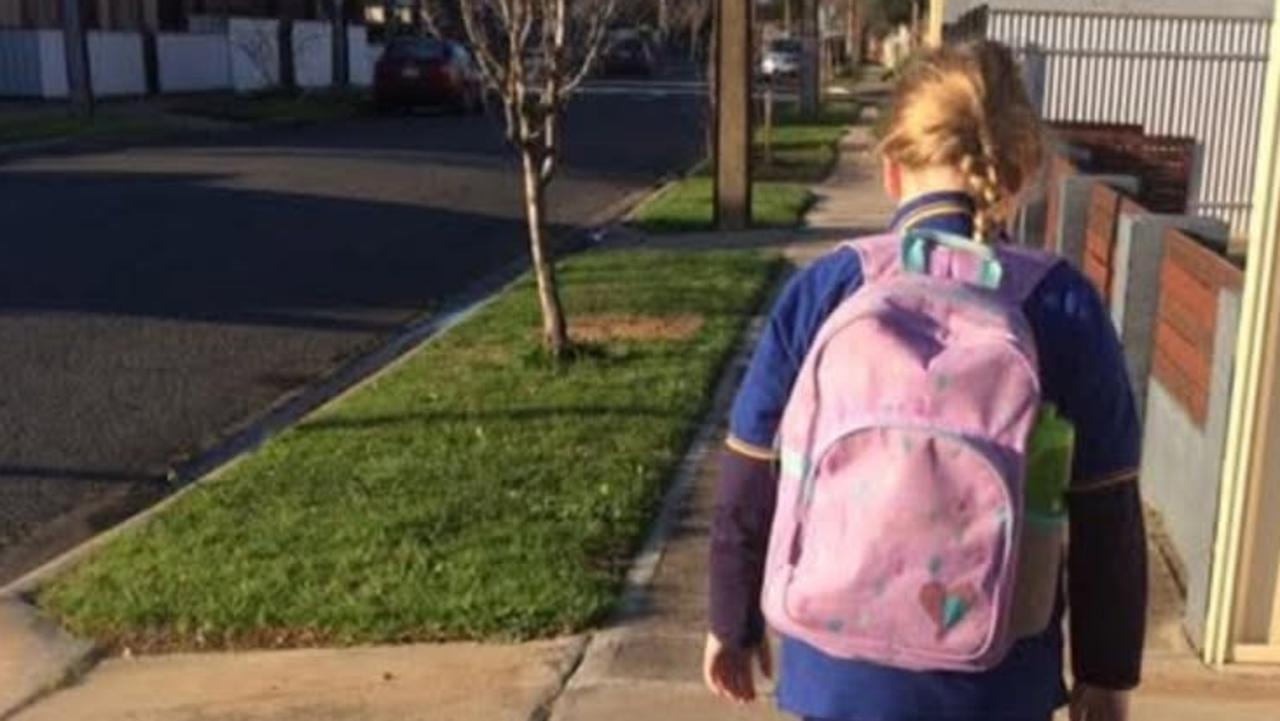Schools prepare counsellors for VCE results
After students struggled through months of lockdown learning, schools have engaged counsellors and psychologists to help deal with the VCE day of reckoning.

Education
Don't miss out on the headlines from Education. Followed categories will be added to My News.
Schools are mobilising career counsellors and psychologists on-site and online to help students through the VCE day of reckoning.
Some teachers expect students to be surprised by their Australian Tertiary Admission Rank, released from 7am, after pupils spent months learning from home during lockdown.
More than 50,000 VCE and 14,000 VCAL students will receive their ATAR or certificate on Wednesday in the final chapter of their schooling lives.
The average ATAR was 68.14 — 69.45 for girls and 66.60 for boys.
But boys dominated the perfect rank of 99.95 — of 38 pupils who achieved the top score, 32 were male.
Victorian Association of State Secondary Principals president Sue Bell said there would “always be kids who will be anxious” and most schools had support on the ground.
“There will be people who think they should have done better — they should take a deep breath,” she said.
All Victorian students were assessed for educational disadvantage due to COVID-19, but Ms Bell asked “if you don’t get what you want, what’s your plan b and c?”
She said “universities and TAFEs are bending over backwards to enrol students” and pupils should consider the jobs in-demand, or look at short courses if unsure of what to do next.
Emmaus College principal Tony Hirst said students “couldn’t control what happened during the year but they now have their results and they have choices”.

He said the leadership team would support students who didn’t do as well as hoped.
“Things are pretty normal now but people have to remember that six or seven weeks ago it wasn’t normal and it has been a huge challenge for these kids and families,” he said.
There would be double the nerves at the homes of five sets of twins from Mount Waverley Secondary.
Neel and Raj Kaul said their companionship helped in a difficult year but “it will continue to help us in our future studies and goals”.
They both had their sights set on engineering, though Neel was also keen to pursue music.
Shrita and Shriya Sira comforted each other when the going got tough.
Shrita said she struggled during lockdown, but moving on she hoped to take up science or business while Shriya wanted to study nutrition at Monash.
Acting education minister Gayle Tierney congratulated every VCE and VCAL student for getting through “an incredibly challenging year”.
The youngest VCE student was a 14-year-old from Geelong and the oldest was a 60-year-old from Elsternwick.
Girls outnumbered boys with 3700 more completing the VCE.
Those who wish to change their university and TAFE preferences must do so on their VTAC account on January 4, 2021 at 12pm.
Students with results questions can call VCAA on 9637 3877 (metro) or 1800 653 080 until the end of January 2021.
RISE IN STUDENTS TAKING UNSCORED VCE
More than 4100 students chose to undertake an unscored VCE in 2020, a rise of almost 10 per cent to the year before.
Some students cited stress from the pandemic lockdown for deciding to complete their school journey unscored — they finishedall their classwork but didn’t take exams.
It means those students — a total of 4,167 or 8.3 per cent of all VCE pupils — will not get an ATAR.
Almost 400 extra pupils decided to go unscored in 2020, an increase of 9.4 per cent to 2019.
While more than 50,000 VCE students will officially complete the certificate on Wednesday, ATARs will only be received by46,000.
The rise in students going unscored comes despite the state government announcing further support.
For the first time ever, the government decided to assess every scored VCE pupil for educational disadvantage due to the havoccaused by the bushfires and the pandemic.
In the new program, staff recorded what they expected pupils to score and receive as grades before fires and COVID-19 derailedthe year.
No extra assessors were required, with the work completed by pupils’ teachers.
Information was gathered from students and their schools, including past work and grades.
Students could submit a statement to their school to explain how, and to what extent, they were affected by the disasters,but didn’t have to offer any supporting evidence.
Among issues highlighted by students included school closures, personal health and mental health problems, extra family responsibility,and problems with remote learning.
A department of education spokesman said students, families and schools had “a tough year”.
“We recognise that this has been incredibly disruptive, which is why every Victorian student has been individually assessedas part of a wide-ranging process to ensure fair and accurate results,” he said.
“Under the Consideration of Educational Disadvantage process, the VCAA has considered a range of data provided by schools,together with each student’s exam results, including the General Achievement Test (GAT) and appropriate comparisons of performanceacross all assessments and schools, when undertaking its analysis to ensure the validity of final results.”




